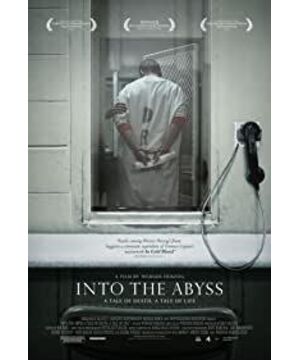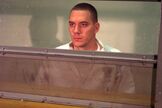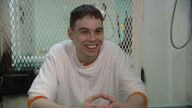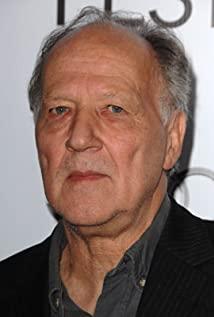It's clear that the director himself is against death penalty. It would have been easy for him to cut out the part where the women who lost her mother and brother said that the death of Micheal gave her relief. Without that statement, this film would be much stronger to speak against death penalty. However, Werner Herzog did not. I presume because her version of the story mattered to Herzog.
Most people agree that we as people, with the constraints of our cognitive capacity, is not capable of and cannot afford to be utilitarian. However, it is human nature for us to try. Our attempts to consider every possibility and be as thorough as humanly possible for issues such as death penalty and abortion make us human. In that sense, this documentary does not speak either for or against death penalty, it speaks for humanity.
[side note] Both inmates argued that they were innocent in court. There were a bit more evidence to convict Micheal, but not that much after all. But the fates of the Micheal and Jason were completely different. One was killed. The other lives , has a wife and a baby on the way. What was the difference? Their attitude in court? Jason's father's testimony? Their appearances? Were those the right parameter to determine a man's innocence? To take a man's life? What if we were wrong ?
You may say that a few mishaps happen in the court of law and it's just the casualty of justice, but in my opinion, even one life lost is one too many. We as human beings do not have the capacity to judge whether or not we should take another person's life. It is not within our right or power to judge.
View more about Into the Abyss reviews








